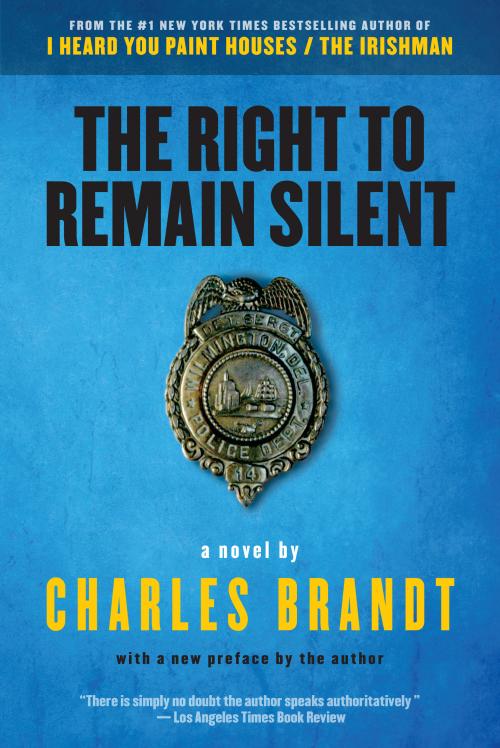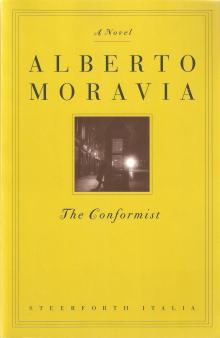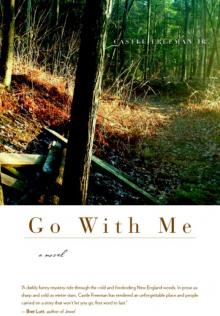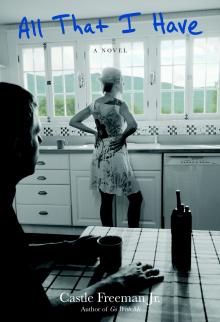Excerpt
Author Preface
A street crime wave hit the major cities of the US starting roughly in 1961. At first those of us living in New York were told it was an illusion created by new methods of recording crime. There weren’t more crimes, just more crimes being reported.
Across the country, chiefs of police, on the other hand, said that the increase in street crime was real and had been created by new US Supreme Court rulings that, it was felt, diminished the rights of policemen to search and to interrogate, each a major tool of police work. The rules increased the rights of criminals to be free from searches and questioning, rights my pals and I never had as teens.
Women found tighter and safer ways to carry their pocketbooks. Soon there were fewer and fewer pocketbooks being seen on the streets.
As a welfare investigator in East Harlem, I watched my territory’s streets become more dangerous due to the crimes related to the 1960s epidemic of drugs that were sold on the top floors of the apartment buildings I entered to make home visits. By the time I left East Harlem to go to Brooklyn Law School in 1966, it was no longer possible to blame the crime wave on better methods of crime reporting.
My goal was to be a prosecutor in the Brooklyn District Attorney’s office. Then a month prior to graduation during a speech on the importance of ethics to lawyers by the Brooklyn DA Eugene Gold (In 1983, Gold would would confess to molesting a child), a classmate with whom I was very close leaned over and said, “Listen to this bullshit; my husband delivered a bag of cash to him on Atlantic Avenue. He split it with Aaron Koota,” the prior DA who’d become a trial court judge.
I called friends in Delaware — where I had gone to college — who had been urging me to become a prosecutor there. Overnight I moved to Delaware to do just that. Delaware was and is a state judged to have the highest ethical standards at the bench and bar.
Unexpectedly, I found that the Delaware I had known in college, ten years earlier, had become riot-torn and with a high murder rate, no longer a safe place, not even close to the relative safety of Brooklyn.
In Delaware the Office of the Attorney General has jurisdiction over every single crime, from speeding tickets to first-degree murders. On May 1, 1971, Attorney General W. Laird Stabler, Jr., swore me in as a deputy attorney general. The chief of police of New Castle County stood beside Stabler as he explained to me that he expected his deputies to provide assistance to the police in the field, especially in murder cases. The police were to have our unlisted phone numbers. We could expect to be called as soon as a body was found. This was necessary because of new rulings that were coming down from the bench with regularity restricting police. We prosecutors were to ensure that a rule violation did not cause a good murder case to be thrown out of court. We were to carry guns when appropriate.
Then Stabler had the chief swear me in with the powers of a policeman. After three years in the office, thanks to the detective work I did in the field and the jury trial work I did in the courtroom, Laird swore me in as his chief deputy attorney general. I was to carry Badge Number Two as the second-highest law enforcement officer in the state. Laird’s successor as attorney general, the experienced and talented Dick Wier, kept me on in that capacity for two more years. We worked eighty-hour weeks in the AG’s office, and for more than five years I participated by my count in more than fifty homicide and attempted homicide investigations. I had a knack for interrogation and for working my way around the new rules governing murder cases, staying within the law. I had expert tutoring by outstanding detectives such as Stan Friedman, the supervisor of the Wilmington Robbery Squad, whose jurisdiction included homicide. Stan’s badge adorns the front cover of this book.
Recently, talking old times on the phone, Stan said to me: “I can’t believe you were in the office only five years. If I had to guess I would have said twenty, all the shit you did.”
The book in your hands is fiction, but it’s based on some of the actual “shit” I did, including interrogations and confessions that convicted the shooters of a policeman in the head and the near strangulation of a child by a young drug user who, on release from jail, shot both of his own parents to death.
When I left the AG’s office in 1976 to start my own law practice, I continued to work murder cases, now as a defense attorney, while I concentrated on medical law. I represented Frank “The Irishman” Sheeran, a Mafia hit man chronicled in my book I Heard You Paint Houses (Steerforth Press, 2004), and got him released from prison many years early on medical grounds.
The Right to Remain Silent is a novel written and to be read for entertainment, but it also encourages study of the art of interrogation and contains the line that “confession is one of the necessities of life, like food and shelter.” To quote my interrogation mentor, the late Wilmington detective Charlie Burke, “They want to tell you, Choll.”
Though the big Irishman, Frank Sheeran, had been indicted along the way for the murders of Robert “Lonnie” DeGeorge, Fred Gawronski, and Francis “Big Bobby” Marino, he was never convicted, and he had never talked about his life of violence to an outsider. Whenever he was hauled before a grand jury as a suspect in the murder of Teamster president Jimmy Hoffa, he asserted his Fifth Amendment rights. He read this book while serving a long sentence for convictions on lesser crimes, and its major theme triggered his own sense of remorse, a remorse I would prey on to obtain confession upon confession to his participation in twenty-five to thirty murders, including those of Hoffa and Joey Gallo, and to his guilty knowledge of the Mafia’s role in the assassination of President Kennedy, all portrayed in I Heard You Paint Houses. His decision to hire me to pursue his early medical release from prison was made with the knowledge that, like the fictional hero of The Right to Remain Silent, Lou Razzi, I had cracked cases through interrogation and confession. The five-year process during which I would handle the Irishman like a hostile witness had its genesis in 1988 with this novel.





